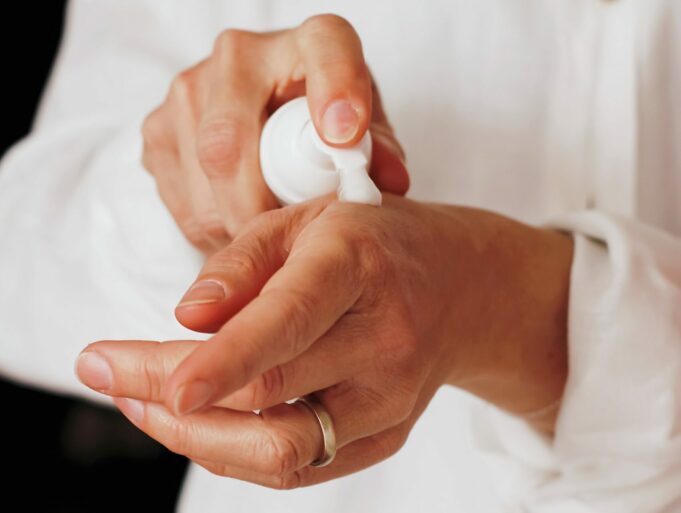Eczema is a common dry skin condition that affects both children and adults. The most common form of eczema is called atopic dermatitis, which causes the skin to become dry, cracked, and itchy. Many people believe that eczema is a childhood condition, however, 1 in 10 adults in the UK suffer from it.
The onset of eczema usually occurs from childhood, however adults can develop it for the first time too. With October being eczema awareness month in the UK, it’s the perfect time to talk about how those who suffer from eczema can help take care of their skin.
Everyone that suffers from eczema knows you can’t use most bath and shower products on your skin. The ingredients in many commonly used products are known to irritate eczema prone skin, making it worse. This is why we’ve put together a list of ways you can healthily take care of your eczema prone skin.
Soak in a Dead Sea salt bath
Did you know that soaking in Dead Sea salt is good for eczema? Relaxing in a Dead Sea salt bath is known to do wonders for those with dry skin conditions such as eczema. Dead Sea salt has been used for thousands of years for its therapeutic benefits.
The benefits of Dead Sea salt for eczema include: softening the skin, soothing itchiness, and nourishing the skin with essential minerals. Because of its soothing properties, Dead Sea salt is perfectly suitable for those with eczema to use.
Simply run a warm bath and pour 2-4 cups of Dead Sea salt bath salts into your bathtub. Then all you have to do is get in and enjoy the benefits that a relaxing salt bath brings.
Keep your skin hydrated
If you have eczema, keeping your skin hydrated is essential. Making sure you’re doing what you can to keep your skin hydrated should be a priority when it comes to taking care of your skin. One of the main symptoms of eczema is dry skin, so it’s important to combat this by ensuring your skin retains moisture and by protecting your skin’s natural barrier.
Moisturising is the key to hydration. Use a natural, unscented moisturiser with no harsh chemicals after you shower. This is sure to lock in moisture and help your eczema symptoms. Make sure to gently pat your skin dry with a clean towel, avoid rubbing!
Avoid hot water
Avoiding hot water is crucial when it comes to taking care of your eczema. Hot water dehydrates and irritates the skin. This can lead to further inflammation, dryness, and itchiness. Not what you want when you have eczema!
Not only can hot water irritate your eczema, it can also strip the skin of natural oils that keep it healthy and hydrated. The best thing to do instead is opt for warm water when it comes to bathing and showering. Your skin will thank you.
As it is eczema awareness month, we hope these tips have helped you become more aware of how to take care of your eczema effectively.














